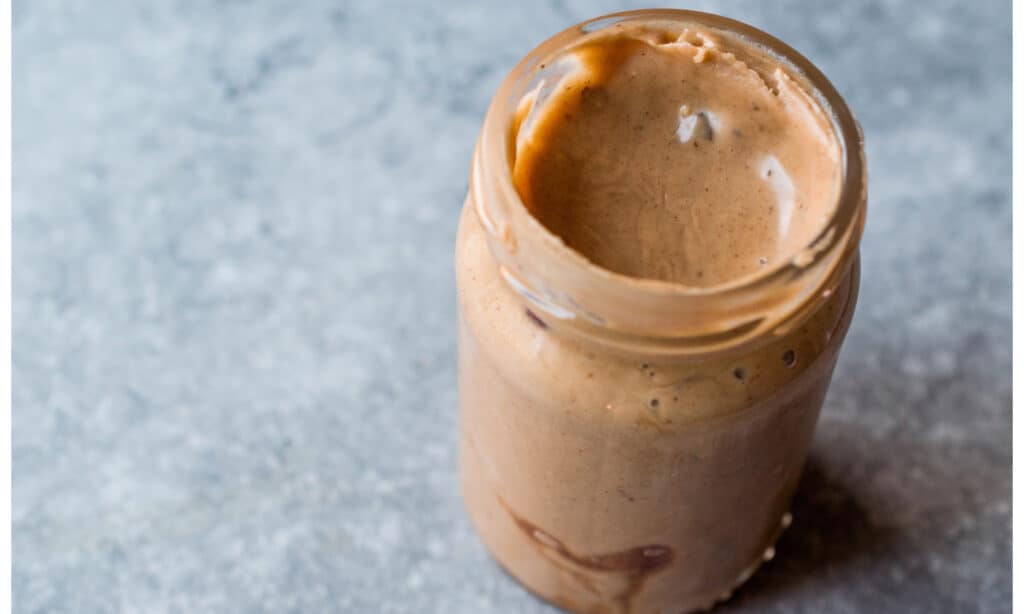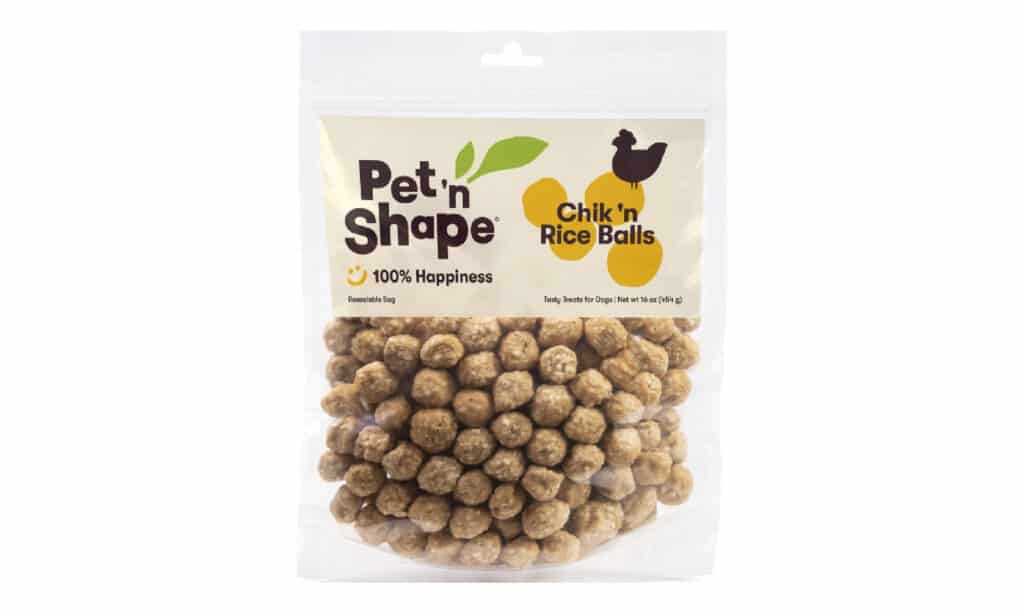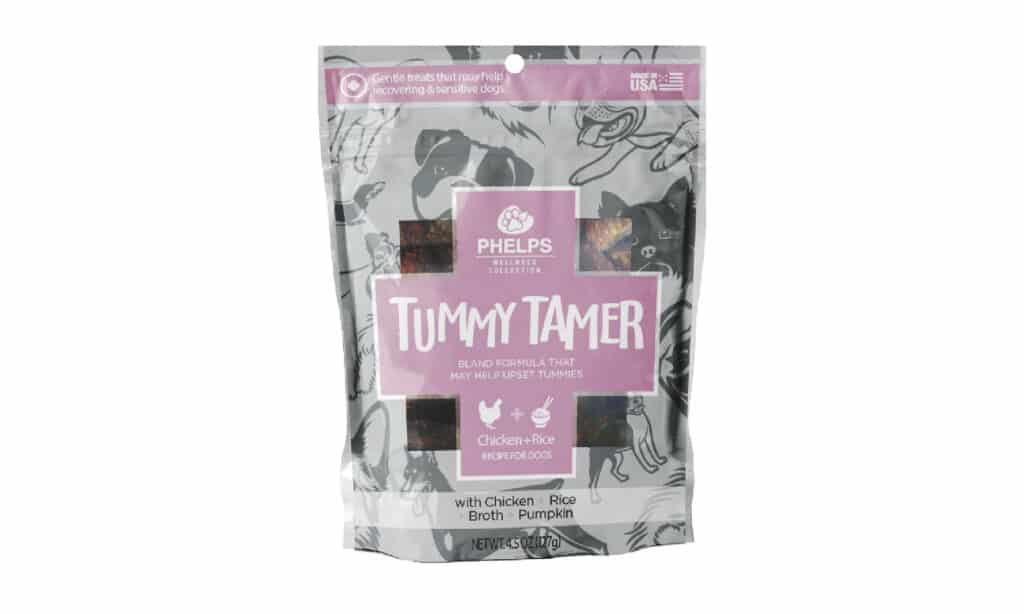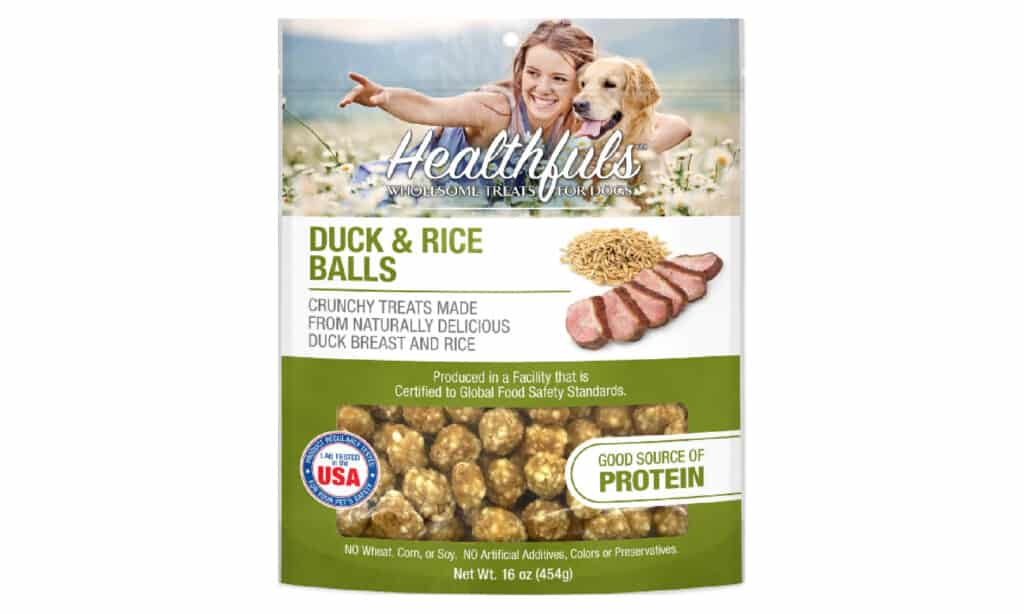As pet owners, we want to make sure that our furry friends are happy, healthy, and well-fed. However, it’s not always clear what foods are safe for our dogs to eat. One food that has gained popularity in recent years is tahini, a paste made from ground sesame seeds that is commonly used in Mediterranean and Middle Eastern cuisine. But can dogs eat tahini? While it may seem like a healthy addition to your pup’s diet, there are some important factors to consider before giving your dog this tasty spread. In this blog post, we’ll explore the benefits and risks of feeding your dog tahini, and provide some helpful tips for incorporating it into their diet safely.

What Is Tahini?
Tahini is a delicious paste made from toasted and ground sesame seeds. It has a creamy, smooth texture and a slightly nutty and bitter flavor. This versatile ingredient is commonly used in Mediterranean and Middle Eastern cuisine, especially in popular dishes like hummus, baba ganoush, and halva.
To make tahini, sesame seeds are first toasted to enhance their natural oils and flavor. Then, they’re ground into a paste using a food processor or a mortar and pestle. Sometimes, oil or water is added to achieve the desired consistency.
Tahini is an excellent source of healthy fats, protein, and fiber, and contains essential vitamins and minerals like magnesium, phosphorus, and zinc. While it’s a nutritious food for humans, it’s crucial to consider whether it’s safe for dogs to eat before sharing it with your furry friend.
Can Dogs Eat Tahini?
While tahini is a nutritious food for humans, it’s important to consider whether it’s safe for our furry friends. The good news is that, in moderation, tahini is generally safe for dogs to eat. It can even provide some nutritional benefits to your pup, including healthy fats, protein, and fiber.
However, it’s crucial to keep in mind that dogs have different nutritional needs than humans, and some dogs may have allergies or sensitivities to certain foods. Before adding tahini to your dog’s diet, it’s always best to consult with your veterinarian to ensure that it’s a safe and appropriate addition to their meals.
Additionally, it’s important to make sure that the tahini you’re giving your dog doesn’t contain any harmful ingredients, such as added sugar, salt, or preservatives. Plain, unsweetened tahini is the best option for your pup.
As with any new food, it’s essential to introduce tahini to your dog’s diet gradually, in small amounts, and monitor them for any signs of digestive upset or allergic reactions. If your dog experiences any adverse reactions to tahini, such as vomiting, diarrhea, or itching, discontinue feeding it to them immediately and contact your veterinarian.

Are There Any Harmful Ingredients in Tahini?
Plain tahini, made from just sesame seeds, is a nutritious and healthy food for both humans and dogs. However, some commercial tahini products may contain added ingredients that could be harmful to your pup.
For example, some tahini brands may contain added sugar, salt, or preservatives. Sugar and salt can be detrimental to your dog’s health, causing issues such as obesity, diabetes, and high blood pressure. Preservatives may also cause allergic reactions or digestive upset in some dogs.
When purchasing tahini, it’s important to read the ingredients list carefully and opt for plain, unsweetened varieties. Look for products that contain only sesame seeds and maybe a small amount of oil or water to adjust the consistency. Avoid products that contain added sugars, salts, or preservatives.
Are There Any Safe Ingredients in Tahini?
Tahini is a healthy and nutritious food for both humans and dogs, made from just one ingredient: sesame seeds. However, some tahini products may contain additional safe ingredients that can be beneficial to your pup’s health.
One example is olive oil. Adding a small amount of olive oil to tahini can help to balance out the fat content and provide additional healthy fats for your dog. Olive oil is a great source of monounsaturated and polyunsaturated fats, which can help support your dog’s overall health and well-being.
Another safe ingredient to add to tahini is pumpkin. Pumpkin is a great source of fiber, which can help regulate your dog’s digestion and promote a healthy gut. It’s also low in calories and packed with essential vitamins and minerals like vitamin A, potassium, and iron.
When adding safe ingredients to tahini for your dog, it’s essential to do so in moderation and under the guidance of your veterinarian. While sesame seeds and olive oil are generally safe for dogs, pumpkin can cause digestive upset in some pups. As with any new food, it’s best to introduce these ingredients gradually and monitor your dog’s reaction closely.
Overall, tahini is a safe and nutritious food for dogs, and adding safe ingredients can help to enhance its nutritional value even further.

What Signs To Watch For If Your Dog Accidentally Ate A Lot of Tahini?
While tahini is generally safe for dogs to eat in moderation, consuming a large amount of tahini can cause digestive upset and other health issues. If your dog has accidentally eaten a lot of tahini, there are several signs to watch for that may indicate that they’re experiencing an adverse reaction.
One of the most common signs of overeating tahini is vomiting. Your dog may vomit shortly after eating the tahini or several hours later. In addition to vomiting, your dog may also experience diarrhea, which can be watery and may contain blood.
Another sign of digestive upset is abdominal pain or discomfort. Your dog may whine or cry when you touch their belly or exhibit signs of restlessness, such as pacing or standing in an unusual position.
Other signs of an adverse reaction to tahini include lethargy, loss of appetite, and dehydration. If you notice any of these symptoms in your dog after they’ve eaten a large amount of tahini, it’s essential to seek veterinary care immediately.
When or If You Should Go To The Vet?
If you suspect that your dog has consumed a large amount of tahini and is experiencing adverse reactions, it’s important to monitor their symptoms closely and seek veterinary care if necessary. While mild digestive upset is a common side effect of overeating tahini, more severe symptoms may require medical attention.
You should consider taking your dog to the vet if they are exhibiting any of the following signs:
- Persistent vomiting or diarrhea that lasts for more than 24 hours
- Blood in their vomit or diarrhea
- Abdominal pain or discomfort that doesn’t subside
- Lethargy or weakness
- Loss of appetite for an extended period
- Dehydration, which can manifest as dry gums, sunken eyes, and lethargy
If you’re unsure about whether your dog’s symptoms require veterinary care, it’s always best to err on the side of caution and contact your veterinarian for guidance. They can provide you with the best advice on how to manage your dog’s symptoms and when it’s appropriate to seek medical attention. With prompt treatment, most dogs can recover from overeating tahini and return to their normal, happy selves.

Safe Dog-Friendly Alternative to Tahini:
Here are some safe, dog-friendly alternatives to tahini:
- Plain, unsweetened yogurt – Yogurt is a great source of probiotics, which can help support your dog’s digestive health. Opt for plain, unsweetened varieties without any added flavors or sugars.
- Peanut butter – Peanut butter is a popular treat for dogs and is an excellent source of protein and healthy fats. However, be sure to choose a brand that doesn’t contain added sugars or salt.
- Pureed pumpkin – Pureed pumpkin is a great source of fiber and can help regulate your dog’s digestion. Be sure to choose a plain, unsweetened variety without any added flavors or spices.
- Mashed sweet potato – Sweet potatoes are packed with essential vitamins and minerals and are a great source of fiber. Cooked and mashed sweet potato can be a delicious and nutritious addition to your dog’s meals.
- Homemade bone broth – Bone broth is rich in nutrients and can be a great addition to your dog’s diet. You can easily make bone broth at home using bones from chicken, beef, or pork.
As with any new food, it’s important to introduce these alternatives gradually and monitor your dog’s reaction closely. If your dog exhibits any signs of digestive upset or allergic reactions, discontinue the food and consult with your veterinarian. By offering safe and nutritious alternatives to tahini, you can provide your pup with a variety of healthy and delicious options for their meals.
Healthy Store-Bought Options:
In conclusion, tahini is a nutritious and delicious food that is enjoyed by many humans around the world. While it can be safe for dogs to eat in moderation, it’s important to be mindful of the ingredients and potential risks associated with feeding tahini to your pup.
By consulting with your veterinarian and introducing tahini and other new foods gradually, you can ensure that your dog is getting a safe and nutritious addition to their diet. And if you suspect that your dog has consumed too much tahini or is experiencing adverse reactions, it’s always best to seek veterinary care promptly.
Finally, remember that there are plenty of safe and healthy alternatives to tahini that you can offer your dog. From plain yogurt to mashed sweet potatoes, these foods can provide your furry friend with a variety of essential nutrients and tasty options for their meals.
By being mindful of your dog’s nutritional needs and offering safe and healthy foods, you can help them live a happy and healthy life. Thank you for reading this blog post, and we hope that it has provided you with useful information about feeding tahini to your furry friend!
~Lindsie



